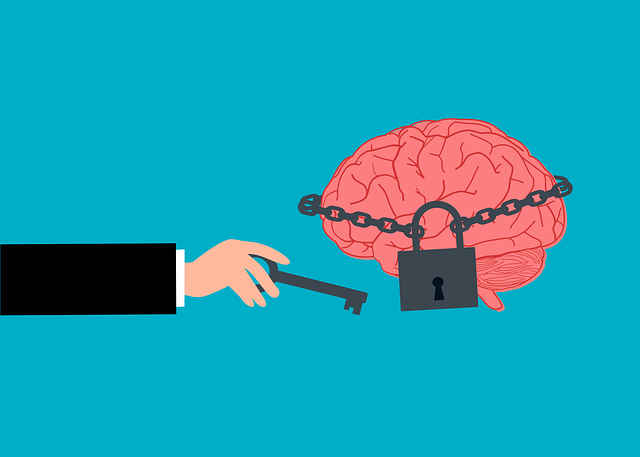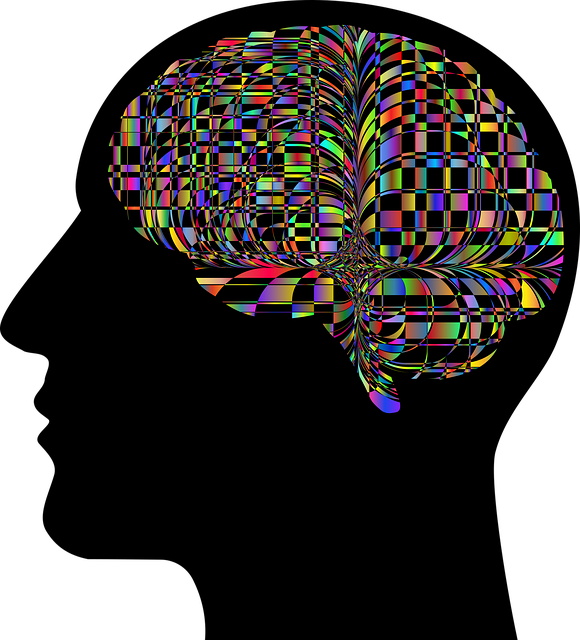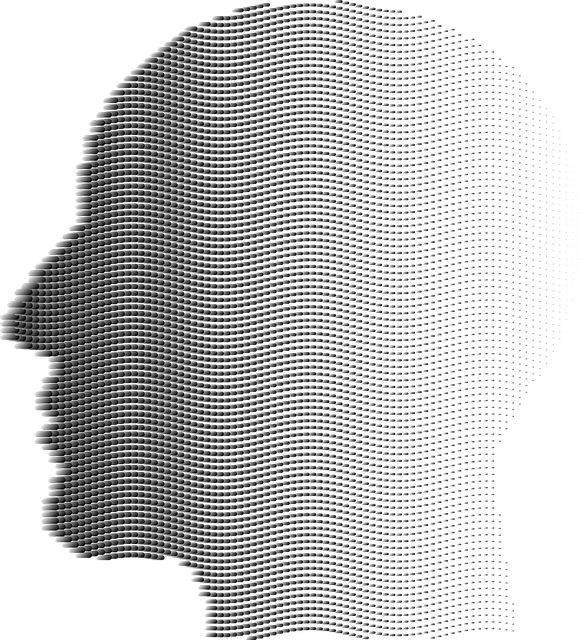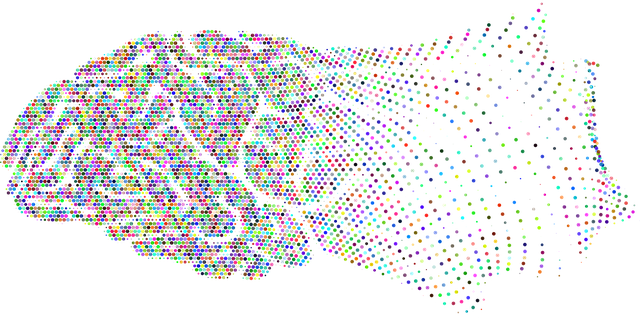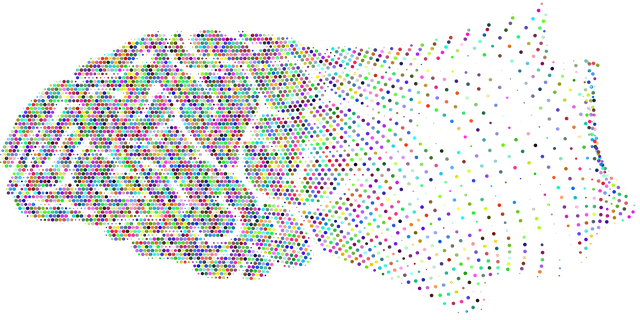Mental healthcare for men benefits greatly from Superior Men's Issues Therapy tailored to address unique challenges, with cultural sensitivity as a key tool. Recognizing and respecting diverse cultural backgrounds fosters open communication, encouraging positive thinking and deeper exploration of mental health issues. Therapists can adapt self-awareness exercises and techniques like community outreach and mindfulness meditation to tailor care for specific concerns, breaking down barriers and promoting proactive help-seeking within the male community. Incorporating cultural competencies leads to improved outcomes, as seen in case studies involving PTSD veterans and LGBTQ+ clients, demonstrating the potential of culturally sensitive therapy to revolutionize mental healthcare for diverse populations.
“Cultural sensitivity is a cornerstone of modern mental healthcare, ensuring inclusive and effective treatment for a diverse range of clients. In this article, we explore the profound impact of cultural competence, particularly within the context of men’s therapy.
We delve into ‘Understanding Cultural Sensitivity’ to highlight its significance in addressing unique gender-specific issues. Additionally, ‘Overcoming Barriers’ offers practical strategies for practitioners. Case studies showcase real-world examples, including innovative approaches to providing culturally sensitive care, with a specific focus on the needs of men in therapy.”
- Understanding Cultural Sensitivity: Why It Matters in Mental Health Care
- Navigating Gender-Specific Issues: A Delve into Superior Men's Therapy
- Overcoming Barriers: Strategies for Culturally Competent Practice
- Case Studies: Real-World Examples of Effective Cultural Sensitivity in Therapy
Understanding Cultural Sensitivity: Why It Matters in Mental Health Care

In the realm of mental healthcare, cultural sensitivity is a game-changer when it comes to providing superior men’s issues therapy. Understanding and respecting diverse cultural backgrounds, beliefs, and values are essential aspects of effective treatment. Many individuals from various ethnic and socioeconomic groups face unique challenges that can significantly impact their mental health and well-being. For instance, cultural norms may shape how one expresses emotions or seeks help, influencing the type of support needed.
By incorporating cultural sensitivity, therapists can create a safe and inclusive environment, fostering positive thinking and open communication strategies. This approach encourages clients to share their experiences without fear of judgment, allowing for deeper exploration and understanding of their mental health issues. Moreover, it enables therapists to adapt self-awareness exercises tailored to individual needs, ensuring culturally responsive care that addresses the specific concerns of diverse populations.
Navigating Gender-Specific Issues: A Delve into Superior Men's Therapy

Navigating Gender-Specific Issues: A Deep Dive into Superior Men’s Therapy
In mental healthcare, recognizing and addressing superior men’s issues therapy is paramount to ensuring effective treatment for male patients. Men often face unique challenges that are distinct from their female counterparts, stemming from societal expectations, gender roles, and cultural norms. These pressures can contribute to higher rates of undiagnosed mental health issues, making specialized therapy crucial. Superior men’s issues therapy focuses on creating safe, supportive spaces where men can openly discuss their struggles without the stigma often associated with seeking help. This approach incorporates tailored techniques like community outreach program implementation and mindfulness meditation to foster resilience building, a key component in managing stress, anxiety, and other common concerns among men.
By integrating these strategies, therapists can address specific needs, such as promoting open communication about emotions and challenging traditional masculine narratives that may hinder self-care. The goal is not only to treat existing conditions but also to empower men with tools for long-term mental well-being. Through these initiatives, superior men’s issues therapy contributes significantly to breaking down barriers, encouraging help-seeking behaviors, and enhancing overall mental health within the male community.
Overcoming Barriers: Strategies for Culturally Competent Practice

Overcoming barriers to culturally competent practice is essential for providing effective mental healthcare, especially when addressing issues relevant to men’s superior needs and challenges. Therapists play a crucial role in reducing the stigma associated with mental illness among male populations, who often face unique societal expectations and gender norms that can hinder their willingness to seek help. By employing strategies such as cultural awareness training and adopting inclusive therapy models, practitioners can create safe spaces for men to openly discuss their struggles.
This involves understanding and respecting diverse cultural backgrounds, traditions, and beliefs surrounding mental health. For instance, incorporating resilience-building techniques tailored to specific cultural contexts can enhance therapeutic outcomes. Moreover, fostering open conversations about mental wellness and breaking down associated barriers can significantly contribute to Mental Illness Stigma Reduction Efforts, ensuring that men receive the support they require for their unique psychological needs.
Case Studies: Real-World Examples of Effective Cultural Sensitivity in Therapy

In the realm of mental healthcare, cultural sensitivity is a game-changer, especially when addressing men’s issues. Real-world case studies demonstrate that understanding and incorporating cultural competencies can significantly enhance therapy outcomes. For instance, consider a study focusing on a therapist who, through rigorous training in healthcare provider cultural competency, successfully treated a veteran with post-traumatic stress disorder (PTSD). The therapist tailored their approach, acknowledging the unique challenges faced by veterans, fostering trust and empathy. This led to improved engagement and, ultimately, better treatment adherence.
Another compelling example highlights the power of empathy building strategies. A researcher observed a cultural sensitivity training program that emphasized active listening and resilience-focused interventions. When implemented with LGBTQ+ clients, these techniques proved effective in creating safe spaces. The therapists’ ability to connect on a deeper level, respecting each client’s identity, led to increased openness and progress in therapy. These cases illustrate how cultural sensitivity, when incorporated into Superior Men’s Issues Therapy, can revolutionize care, ensuring that healthcare providers are equipped with the tools to navigate diverse perspectives and build stronger therapeutic alliances.
Cultural sensitivity is a cornerstone of effective mental healthcare, crucial for addressing diverse needs and overcoming barriers. By understanding cultural nuances, navigating gender-specific issues like superior men’s therapy, and implementing culturally competent strategies, practitioners can deliver more inclusive and impactful care. Case studies demonstrate that these approaches not only enhance therapeutic outcomes but also foster deeper connections between therapists and clients from various backgrounds. Embracing cultural sensitivity is a testament to the evolving landscape of mental healthcare, ensuring that everyone receives support tailored to their unique experiences and beliefs.
